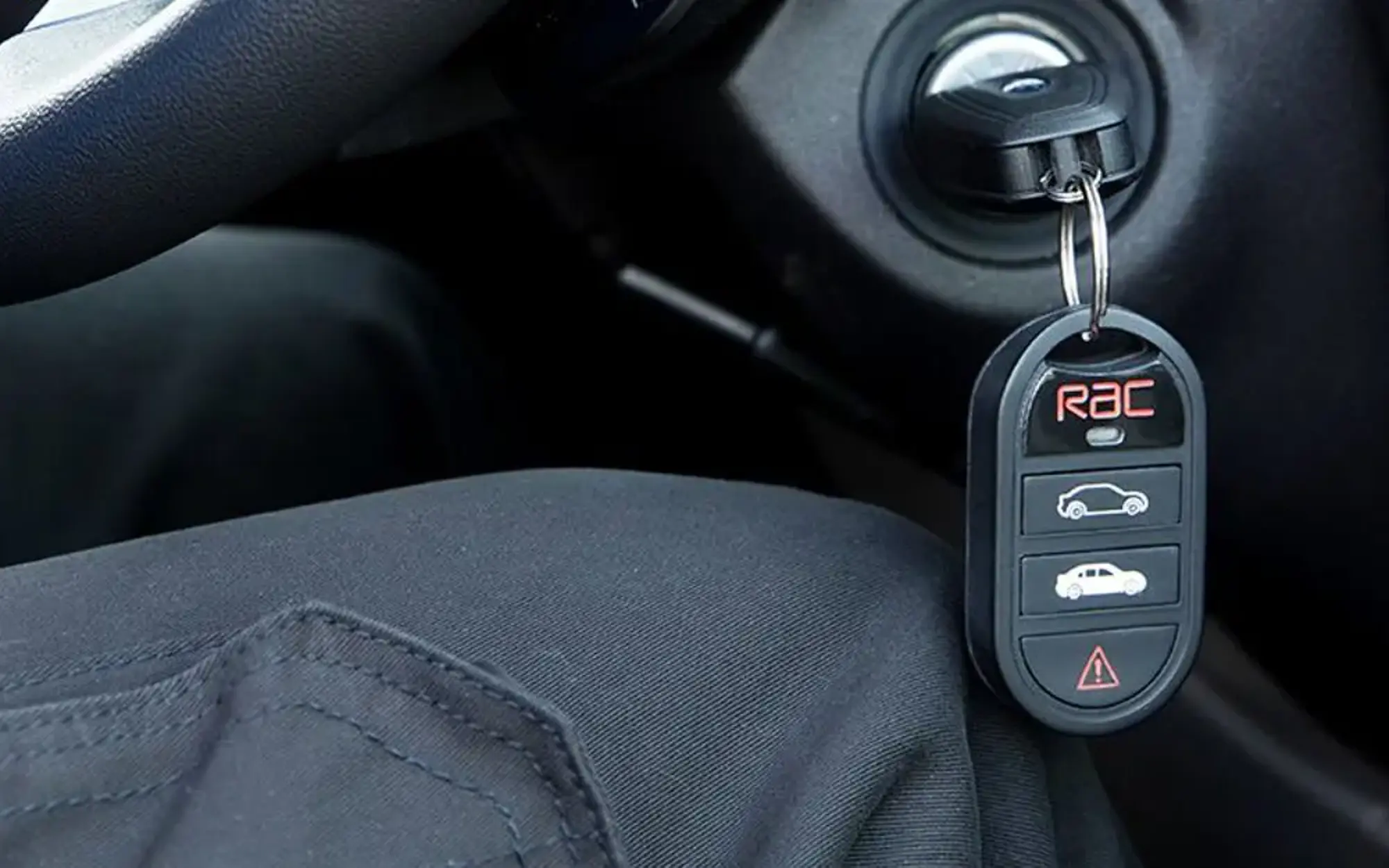
Keep Drivers Safe with Fleet Tracking
Fleet tracking systems are an easy way to keep drivers safe and make your business more efficient. This guide explains how these systems work and how they help your fleet run better.
What Is Fleet Tracking?
Fleet tracking uses GPS to monitor where your vehicles are and how they are being driven. Managers can see vehicle locations and get updates on driving habits like speeding or hard braking.
Why It Matters:
- Safer Routes: Quickly adjust routes to avoid traffic or accidents.
- Safer Driving: Spot risky driving habits and encourage better behaviour.
How Fleet Tracking Improves Safety
- Fewer Accidents: Track driver habits like speeding to reduce risks.
- Faster Help in Emergencies: Alerts let you respond quickly if something goes wrong.
- Better Maintenance: Get reminders for vehicle servicing to keep vehicles safe.
- Accountable Drivers: Tracking makes drivers more aware of their habits, leading to safer choices.
How to Start Using Fleet Tracking
Setting up a fleet tracking system is simple. Follow these steps:
-
Pick a System
- Look for features like alerts, tracking, and maintenance reminders.
- Choose a provider with good support.
-
Install the System
- Many devices plug directly into vehicles.
- Larger fleets might need professional installation.
-
Train Drivers and Managers
- Show your team how to use the system and what to expect.
-
Combine with Other Tools
- Use tracking with your dispatch or maintenance software for better results.
-
Review and Adjust
- Monitor how the system works and make changes as needed.
Proof That Fleet Tracking Works
Fleet tracking helps businesses stay safe and save money. Here are real results:
- Fewer Accidents: Many fleets see 20% fewer accidents in the first year.
- Lower Insurance Costs: Safer driving can mean cheaper insurance.
- Better Driver Habits: Drivers improve when their habits are tracked.
What to Look for in a Fleet Tracking System
Here’s what to check when choosing a system:
- Key Features: Look for real-time tracking, safety alerts, and maintenance reminders.
- Easy to Use: Choose a system that is simple for your team to understand.
- Scalability: Make sure it works for both small and large fleets.
- Good Support: Pick a provider with reliable customer service.
- Affordable: Compare prices and features to find the best value.
Why Fleet Tracking Is Worth It
Fleet tracking keeps drivers safe, saves money, and makes your business more efficient. It’s a simple way to improve operations and stay ahead of the competition.
- Protect Drivers: Safer driving means fewer accidents.
- Save Money: Lower costs for fuel, insurance, and repairs.
- Work Smarter: Get real-time data to make better decisions.
Start using fleet tracking today to keep your drivers safe and your business running smoothly.
FAQs on fleet tracking
Fleet tracking is used to monitor vehicles in real-time, manage driver behaviour, optimise routes, ensure timely maintenance, and enhance overall fleet efficiency and safety.
You can track your fleet using GPS-based fleet tracking systems that provide real-time data on vehicle locations, routes, and driver behaviour. These systems often come with accompanying software that allows for comprehensive monitoring and reporting.
Fleet safety refers to the practices and technologies used to ensure the safety of vehicles and drivers in a fleet. This includes measures to prevent accidents, ensure vehicles are well-maintained, and drivers comply with safety standards.
Safe fleet management is ensured through regular maintenance, proper driver training, the use of fleet tracking systems to monitor driver behaviour, and adherence to safety regulations.
Look for features such as real-time GPS tracking, driver behaviour monitoring, alert systems for speeding or harsh driving, maintenance alerts, and comprehensive reporting capabilities.
Fleet tracking helps reduce operational costs by optimising routes to save fuel, reducing idle times, preventing unauthorised vehicle use, and improving vehicle maintenance schedules, which extend vehicle life and reduce repair costs.
Yes, fleet tracking systems can be crucial in emergencies by providing real-time vehicle locations to quickly direct emergency services to the scene, enhancing the safety and security of drivers.




